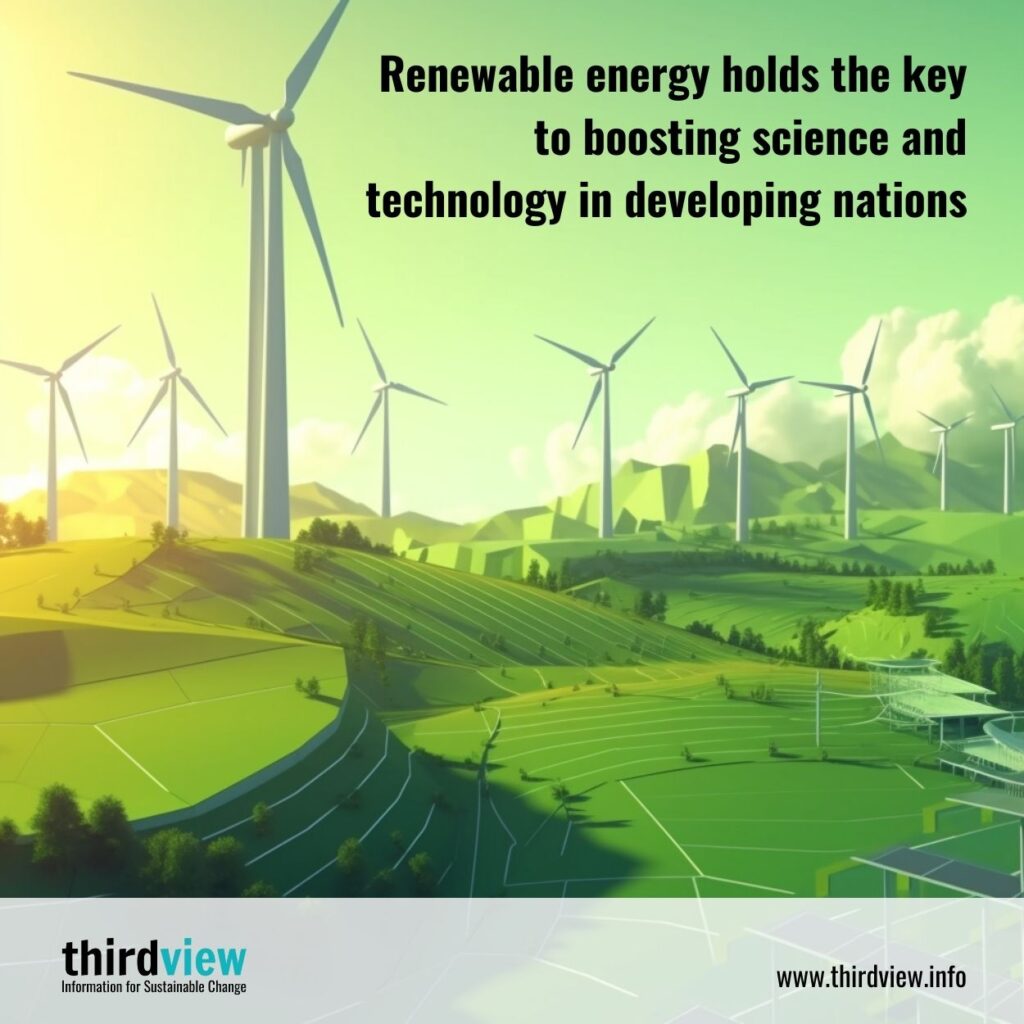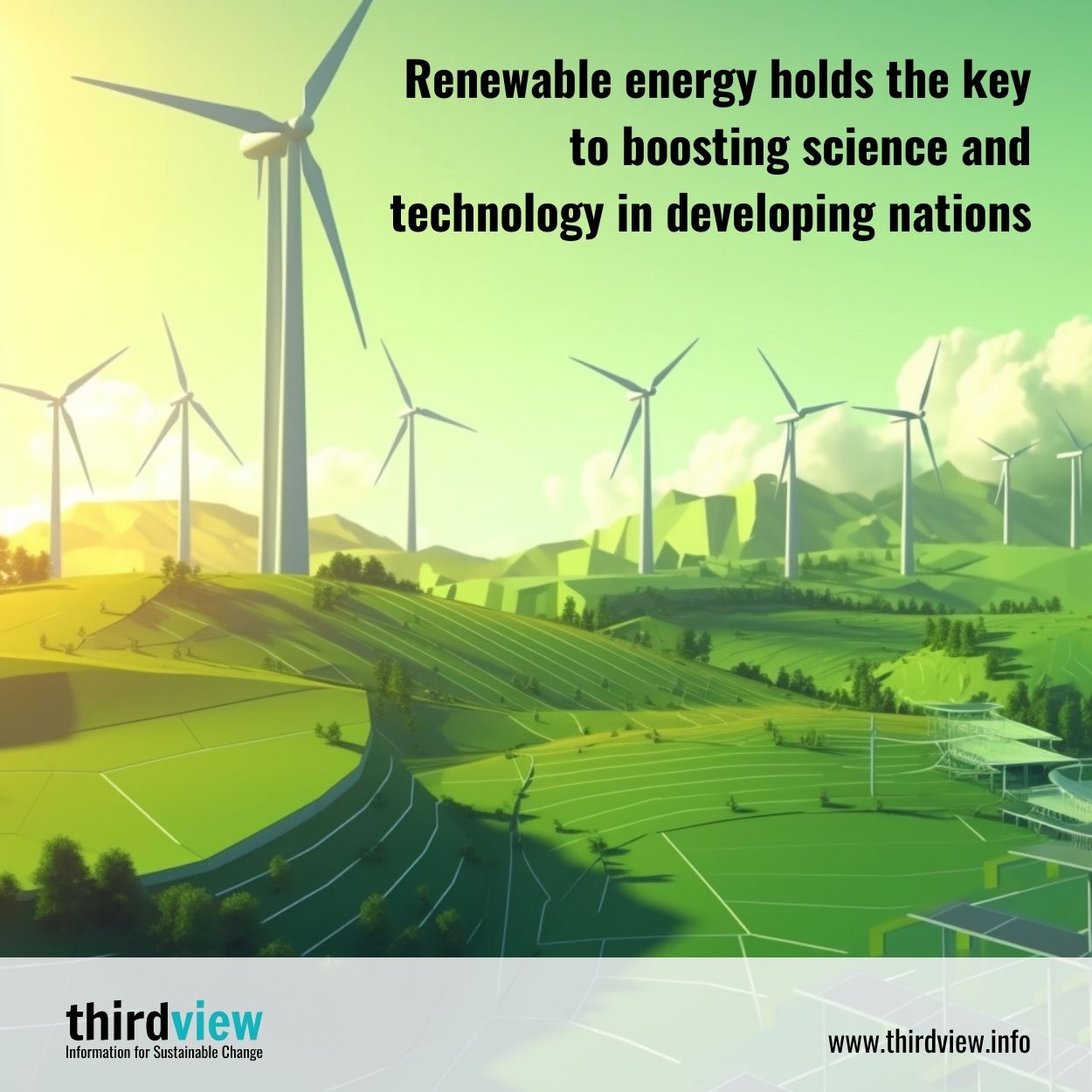Science and technology have always been critical for the growth and development of any nation. Scientific advancements help nations to improve living standards, empower economies, and tackle critical challenges. However, for any country to stay ahead in the scientific and technological space, it needs a reliable and affordable energy supply to drive innovation. The good news is that clean and renewable energy could be the silver bullet for many developing nations struggling to grow their scientific and technological capacity. This blog explores the potential of renewable energy to strengthen scientific and technological capacity in developing countries.
The Energy and Innovation Link
Innovation is the backbone of science and technology. It drives creativity, fosters new ideas, and encourages global partnerships. However, innovation requires a lot of energy, and historically, the main source of energy has been fossil fuels. But over-reliance on fossil fuels has caused many environmental and health problems, and it’s also unsustainable in the long term. Renewable energy sources such as solar, wind, and hydropower can provide the much-needed energy to propel innovation and enable developing nations to participate in the global scientific and technological space.
Affordable and Clean Energy
Most developing nations struggle with energy poverty, where citizens don’t have access to stable, affordable, and clean energy. Often, they have to rely on traditional forms of fuel such as charcoal, kerosene, and firewood, which come with various health and environmental challenges. Renewable energy sources provide a solution to this problem, by providing clean and reliable energy, which improves living standards and creates opportunities for scientific and technological growth.
Decentralized Energy Solutions
Many developing nations have low electrification rates, especially in rural communities. In most cases, the cost of extending the national grid to rural areas is too high, and the energy needs of these communities are minimal. Renewable energy sources such as solar and wind can provide decentralized energy solutions, which are affordable, reliable, and sustainable. These energy solutions provide opportunities for rural communities to power health facilities, schools, and other critical infrastructure, which plays a central role in driving scientific and technological growth.
Economic Opportunities
Renewable energy sources also create opportunities for economic growth and development. The renewable energy sector requires skilled professionals, from engineers to project managers, thereby creating job opportunities and spurring economic activity. As developing nations continue to embrace and invest in renewables, there’s a chance to create new markets and drive entrepreneurship, contributing to the scientific and technological growth of these countries.
Collaboration and Partnerships
The renewable energy sector is global, and there’s already a wealth of knowledge and expertise in this space. Developing nations can tap into this knowledge by forging partnerships and collaborations with developed nations and international institutions. These partnerships can help to create an enabling environment for developing nations to invest in renewables, share knowledge, build capacity, and drive innovation.
Renewable energy presents unique opportunities for developing nations to strengthen their scientific and technological capacity. It provides a clean and reliable source of energy to drive innovation, improves living standards, creates economic opportunities, and fosters global collaborations. However, to maximize these opportunities, developing nations must invest in renewables, build capacity, and foster an enabling environment for innovation to thrive. By doing so, these nations can take crucial steps towards achieving their scientific and technological goals, and ultimately thrive in the global stage.


